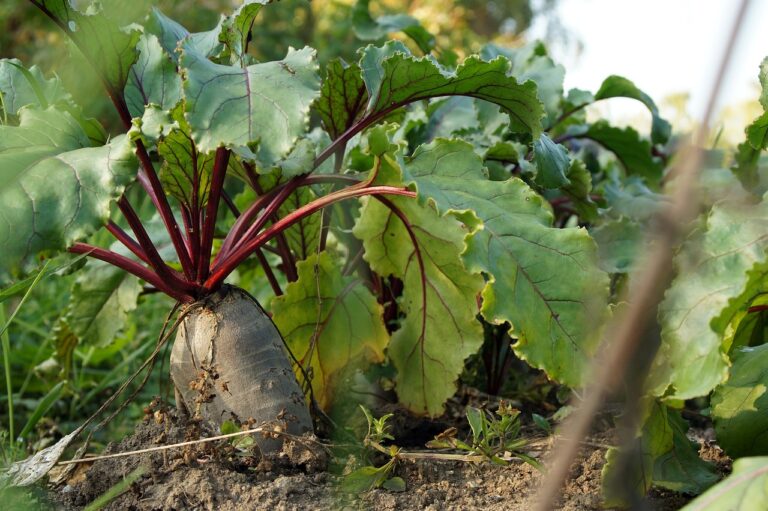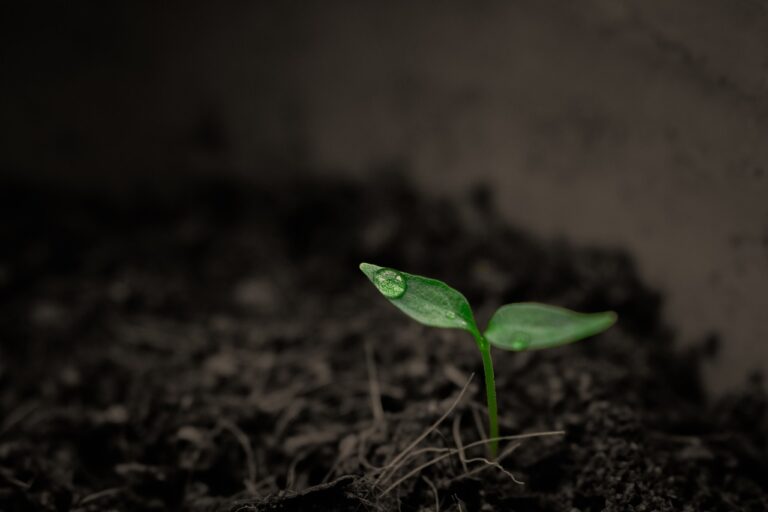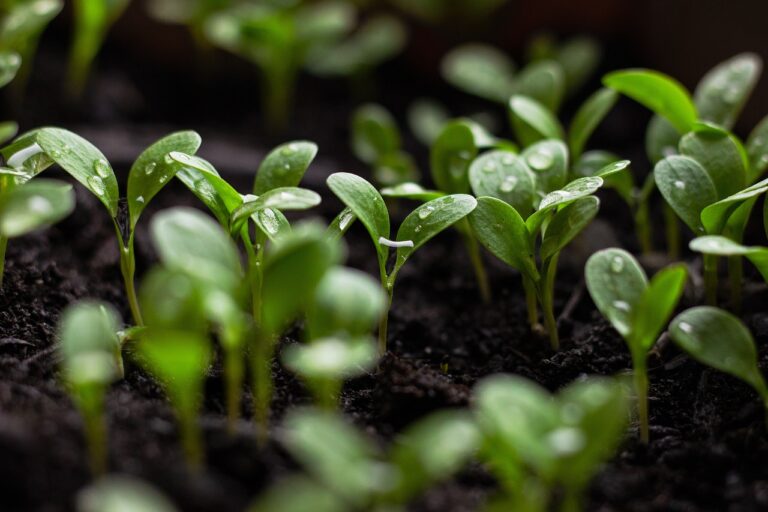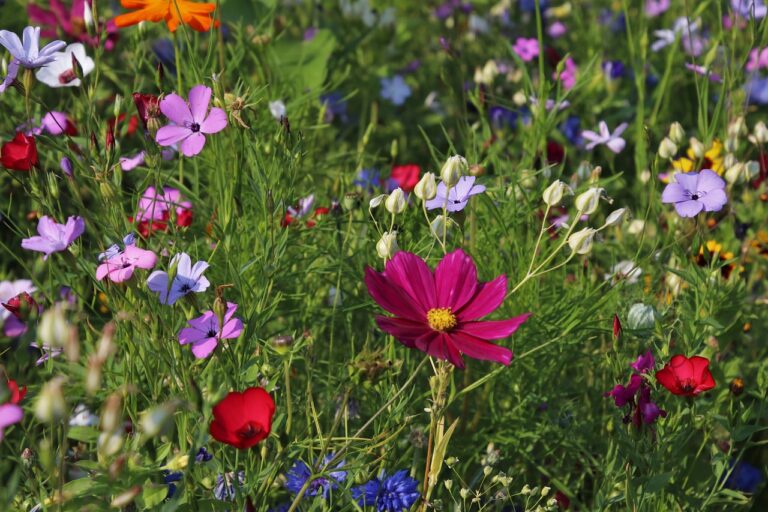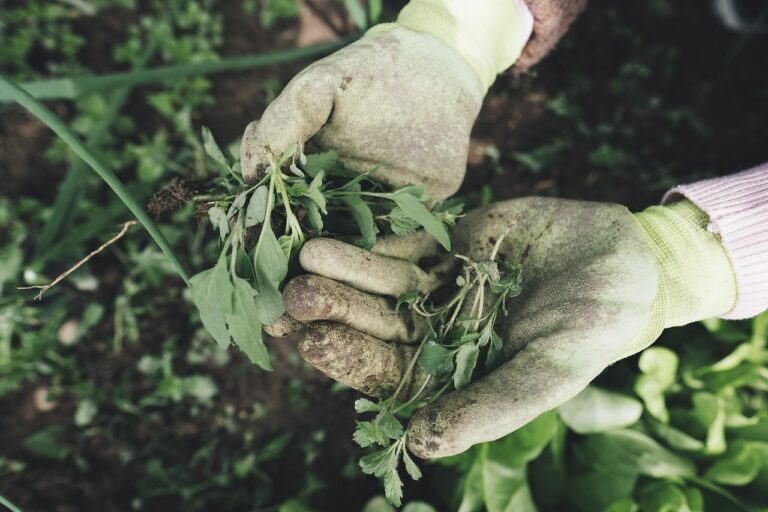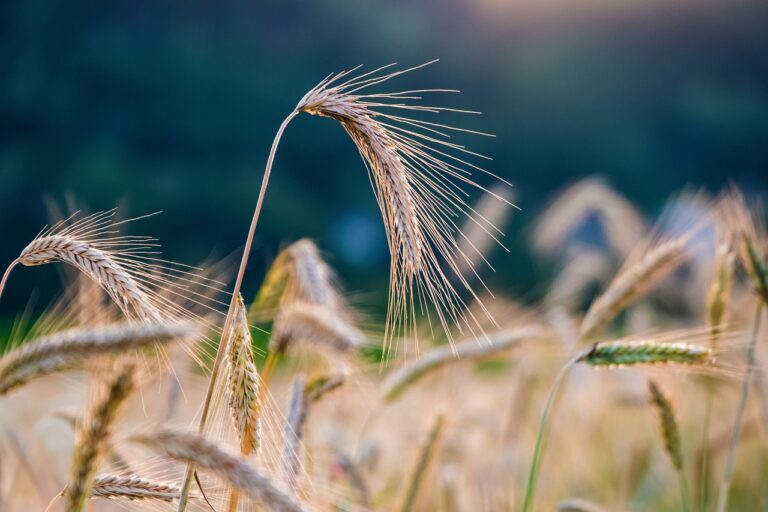The Importance of Watering Your Garden Properly: Ensuring Plant Health and Growth
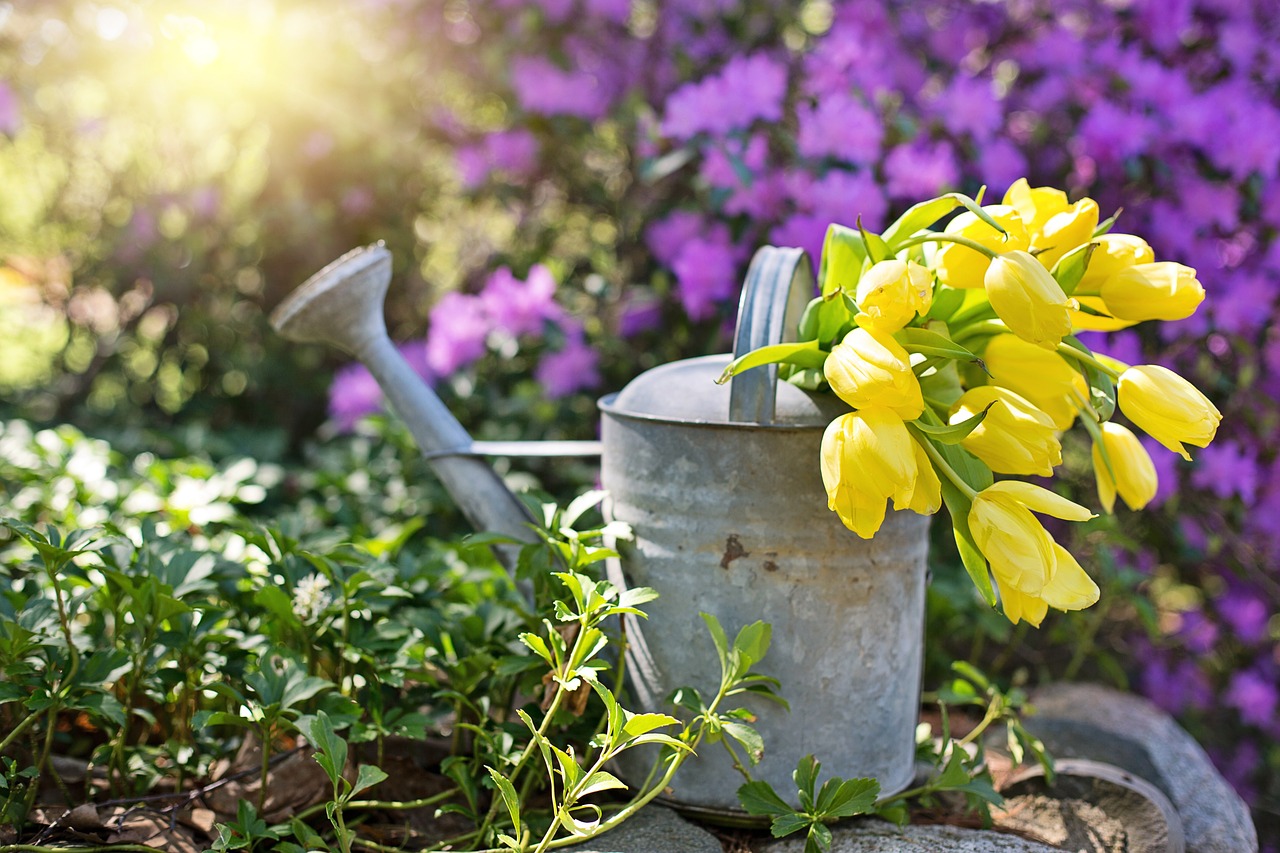
Watering your garden properly is essential for maintaining plant health and ensuring robust growth. Adequate watering practices not only supply plants with essential moisture but also influence nutrient uptake, soil health, and resilience to environmental stressors. Here are the key reasons why proper watering is crucial for your garden and tips to ensure effective irrigation:
Promotes Healthy Plant Growth
Proper watering provides plants with the moisture they need for critical physiological processes, including photosynthesis, nutrient transport, and cell expansion. Without adequate water, plants can become stressed, leading to stunted growth, wilting, and, ultimately, death.
- Consistent Moisture: Maintaining consistent soil moisture levels helps plants establish strong root systems and ensures they continue to grow vigorously. Inconsistent watering can lead to uneven growth and poor crop yields.
- Deep Watering: Watering deeply encourages plants to develop deeper root systems, which improves their ability to access water and nutrients and enhances their overall resilience.
Enhances Nutrient Uptake
Water acts as a solvent, aiding in the dissolution and transport of nutrients from the soil to plant roots. Proper watering practices ensure that essential nutrients are available to plants for uptake.
- Nutrient Availability: When soil moisture is consistent, nutrients are more readily accessible to plants. Overwatering or underwatering can disrupt this balance, leading to nutrient deficiencies or toxicities.
- Soil Structure: Adequate watering helps maintain soil structure and prevents compaction, which can hinder root growth and nutrient absorption. Well-watered, well-structured soil supports healthy microbial activity, further enhancing nutrient availability.
Prevents Stress and Diseases
Watering your garden correctly helps reduce plant stress and the risk of diseases, fostering a healthier garden environment.
- Stress Reduction: Proper watering minimizes plant stress caused by drought conditions or waterlogging. Plants under stress are more susceptible to pests, diseases, and environmental extremes.
- Disease Prevention: Watering methods that keep foliage dry, such as drip irrigation or soaker hoses, reduce the risk of fungal diseases and other pathogens that thrive in moist environments. Watering early in the day allows foliage to dry quickly, further minimizing disease risk.
Maintains Soil Health
Effective watering practices contribute to overall soil health, ensuring that your garden remains a productive growing environment.
- Soil Erosion Prevention: Proper watering reduces the risk of soil erosion caused by heavy rains or improper irrigation methods. Controlled, gentle watering protects soil structure and prevents the loss of valuable topsoil.
- Moisture Balance: Adequate watering helps balance soil moisture levels, supporting a healthy balance of air and water in the soil. This balance is crucial for root respiration and microbial activity.
Supports Optimal Plant Performance
Plants that receive proper watering are more likely to perform optimally, producing better yields, more vibrant blooms, and stronger growth.
- Yield Improvement: In vegetable gardens, consistent moisture levels are essential for maximizing crop yields and ensuring high-quality produce. Fruit and vegetable development can be particularly sensitive to water availability.
- Flowering and Fruiting: For flowering plants and fruit-bearing trees, proper watering promotes more abundant and prolonged blooming, as well as better fruit set and development.
Tips for Properly Watering Your Garden
To ensure that your garden receives the right amount of water, follow these best practices:
Know Your Plants’ Water Needs
Different plants have varying water requirements. Understanding the specific needs of your plants is crucial for providing appropriate irrigation.
- Research Plants: Research the water needs of the plants in your garden. Some plants, like succulents and Mediterranean herbs, prefer drier conditions, while others, like tropical plants and vegetables, may need more frequent watering.
- Group Plants: Group plants with similar water requirements together to streamline your watering routine and avoid over- or under-watering.
Water Deeply and Infrequently
Deep, infrequent watering is generally more effective than shallow, frequent watering. It encourages deeper root growth and helps plants become more drought-resistant.
- Deep Watering: Water the soil deeply so that moisture reaches the root zone. This promotes robust root development and improves overall plant health.
- Frequency: Adjust watering frequency based on weather conditions, soil type, and plant needs. During hot, dry periods, you may need to water more often, while cooler, wetter conditions require less frequent irrigation.
Water at the Right Time
The timing of watering can influence its effectiveness and the health of your plants.
- Early Morning: Water your garden early in the morning to allow foliage to dry during the day. This reduces the risk of fungal diseases and ensures that plants have access to moisture before the heat of the day.
- Evening Watering: If morning watering is not possible, late afternoon or early evening is another option. However, avoid watering too late in the evening to prevent prolonged wet foliage.
Use Efficient Irrigation Methods
Efficient irrigation methods help deliver water directly to plant roots, reducing water waste and promoting healthier plants.
- Drip Irrigation: Drip irrigation systems deliver water directly to the soil at the base of plants. This method is highly efficient and reduces water loss through evaporation and runoff.
- Soaker Hoses: Soaker hoses release water slowly and evenly along their length, making them ideal for watering garden beds and rows of plants.
- Mulching: Apply a layer of mulch around plants to retain soil moisture, regulate soil temperature, and suppress weed growth. Mulch reduces the need for frequent watering.
Monitor Soil Moisture
Regularly checking soil moisture levels helps ensure that your plants receive the right amount of water.
- Soil Moisture Test: Use a soil moisture meter or simply check soil moisture by sticking your finger into the soil to a depth of about 2 inches. If the soil feels dry at this depth, it’s time to water.
- Adjust Watering: Adjust your watering schedule based on soil moisture levels, weather conditions, and plant responses. Be flexible and responsive to changes in environmental conditions.
In conclusion, proper watering is crucial for promoting healthy plant growth, enhancing nutrient uptake, preventing stress and diseases, maintaining soil health, and supporting optimal plant performance. By understanding your plants’ water needs, watering deeply and infrequently, choosing the right time to water, using efficient irrigation methods, and monitoring soil moisture, you can ensure that your garden thrives. Happy watering and gardening!

